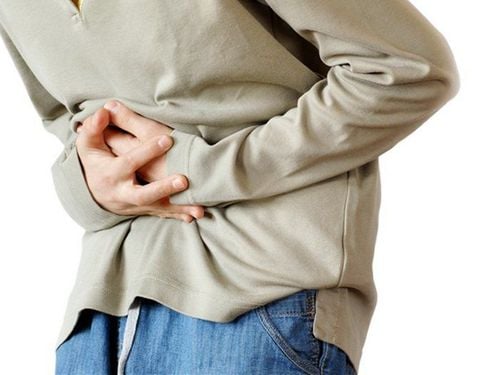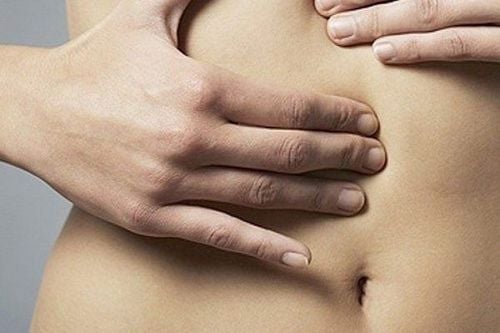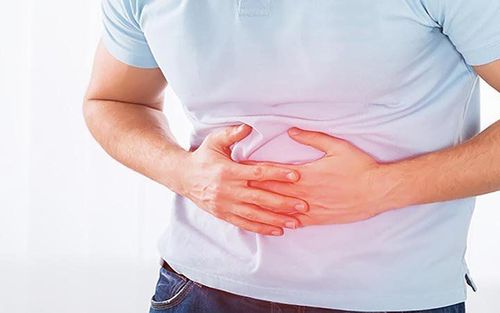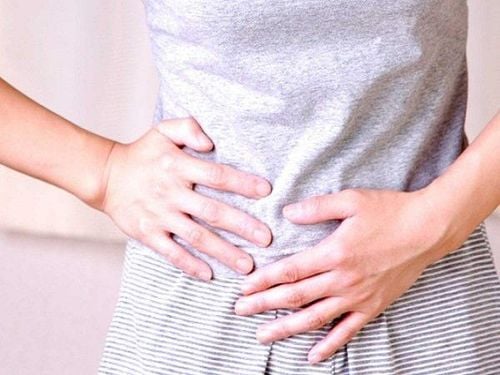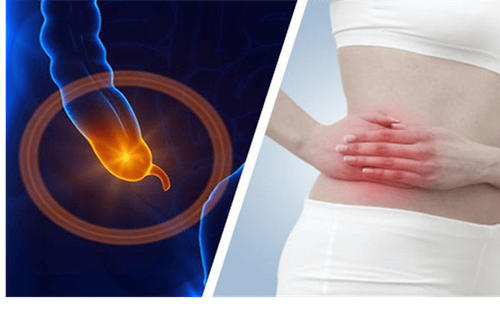The article is professionally consulted by Master - Second-Degree Specialist Phan Thi Minh Huong - Gastroenterologist - Department of Medical Examination & Internal Medicine - Vinmec Da Nang International General Hospital.
Abdominal pain can stem from various causes like digestive disorders, appendicitis, or stomachache.
if the pain is severe, colicky, and centered around the navel, it could indicate a more serious underlying condition.
1. What medical conditions are associated with intermittent periumbilical pain?
Colicky abdominal pain refers to a prominent and intermittent pain in the abdomen, a region housing numerous vital organs. Given the convergence of various anatomical structures around the navel, pain in this area should indicate an underlying health issue.
Patients often attribute colicky abdominal pain to gastritis, but this assumption may be erroneous. Such paroxysmal abdominal pain can be indicative of a multitude of other medical diseases, specifically:
- Hepatic disorders: As the liver performs numerous functions simultaneously, conditions such as gallstones, infections, hepatitis, or liver cancer can manifest as colicky abdominal pain above the navel, often accompanied by jaundice.
- Stomach disorders: Conditions such as gastritis, gastroesophageal reflux disease (GERD), peptic ulcers, and stomach cancer can also cause intermittent abdominal pain.
- Digestive disorders: Small intestinal dysfunction can manifest as paroxysmal periumbilical pain, indicative of malabsorption. Patients may present with tenderness upon abdominal examination and may also experience intermittent abdominal pain, diarrhea, vomiting ...
- Irritable bowel syndrome: If your colicky abdominal pain around the navel is accompanied by bloating, gas, constipation, diarrhea, and poor stool quality, this is highly suggestive of irritable bowel syndrome (IBS), also known as spastic colon.
- Gynecological disorders: Paroxysmal abdominal pain in women can be indicative of underlying pathologies such as uterine fibroids, ovarian cysts, pelvic inflammatory disease, and endometriosis. ...
- Urinary tract infections.
- Abdominal pain caused by worms.
- Abdominal pain due to anal infection.
Trắc nghiệm: Làm thế nào để bảo vệ lá gan khỏe mạnh?
Làm test trắc nghiệm kiểm tra hiểu biết về gan có thể giúp bạn nhận thức rõ vai trò quan trọng của gan, từ đó có các biện pháp bảo vệ gan để phòng ngừa bệnh tật.2. Beware of intermittent abdominal cramps around the nave
These intermittent abdominal pains often cause the patients to have severe pain, forcing them to double over in pain and moan. In some cases, the pain can be so intense that patients are unable to stand or sit.
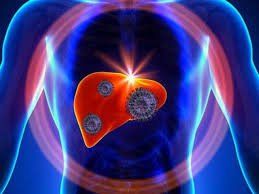
These recurring colicky abdominal pains can be very painful and exhausting. The location of the pain can indicate different underlying conditions. Based on the severity and location of the pain, as well as any accompanying symptoms, patients can gain insight into their condition. Specifically:
- Mid-abdominal pain: Accompanied by symptoms such as indigestion, nausea, upper abdominal pain, heartburn, and acid reflux, it could be a warning sign of conditions like duodenal ulcers, gastritis, or peptic ulcers…
- Periumbilical pain: Abdominal pain cramping around the navel then migrating right lower quadrant pain associated with fever, diarrhea, and nausea is highly suggestive of acute appendicitis.
- Hypogastric pain: Paroxysmal lower abdominal pain with associated sharp pains, cramps, altered bowel habits, and potentially fever suggests a possible digestive disorder or enteritis.
- Epigastric pain: Concomitant symptoms including a feeling of fullness, pain when too full or too hungry can be a warning sign of stomach pain.
Recurrent periumbilical pain should not be dismissed as it may signify underlying pathological conditions. Patients should visit the hospital for specific advice from a specialist.
3. How to prevent intermittent abdominal pain?
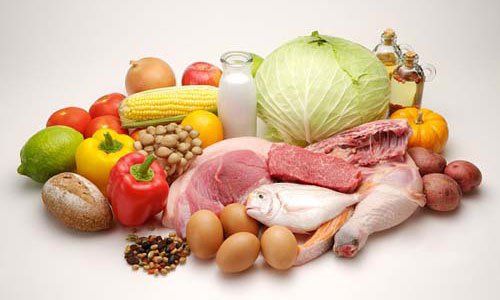
In fact, colicky abdominal pain can recur multiple times. Therefore, to prevent this condition and limit its complications, it is necessary to:
- Maintain a healthy, balanced diet. Limit the consumption of alcoholic beverages, caffeine, and spicy foods. Ensure your meals include a variety of nutritious foods that are beneficial for digestion.
Building healthy lifestyle habits, maintain a balanced work-rest schedule, avoid staying up late, and strive to maintain a relaxed state of mind, minimizing anxiety and stress;
Do regular exercise to boost physical health.
Get regular health check-ups to screen for diseases efficiently and safely. - When there is a disease, it is necessary to treat the disease according to the doctor's prescription, avoid self-medicating and take your medication as prescribed.
In summary, colicky abdominal pain may be a symptom of a serious underlying medical condition. Therefore, patients should not be complacent about their health. The best way to determine the cause of periumbilical pain is to see a doctor for a proper diagnosis rather than relying solely on the symptoms.
Dr. Huong has over 30 years of experience in Gastroenterology, including nearly 20 years as a department head in a Hue Central Hospital. Currently, she is a Gastroenterologist and Internist at Vinmec Danang International General Hospital.
Please dial HOTLINE for more information or register for an appointment HERE. Download MyVinmec app to make appointments faster and to manage your bookings easily.







